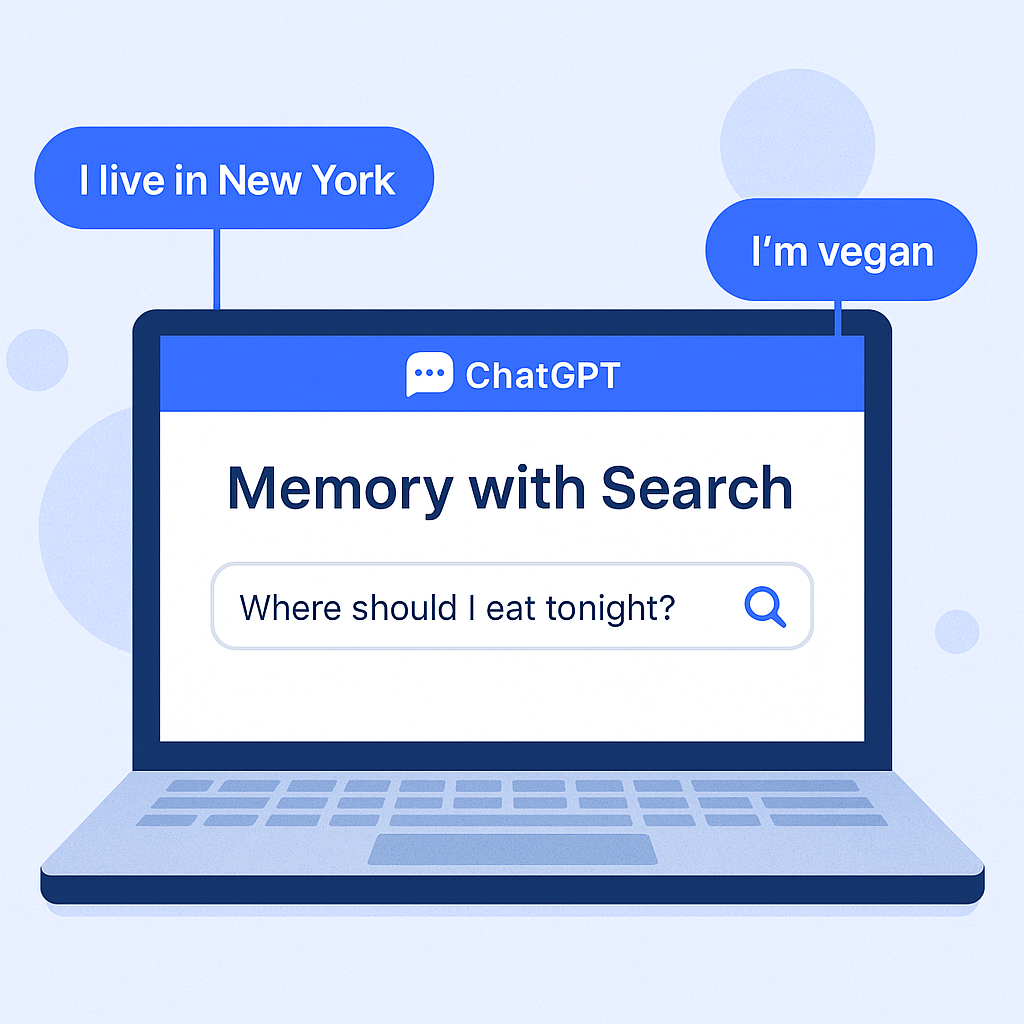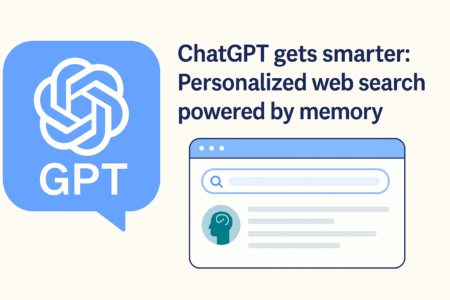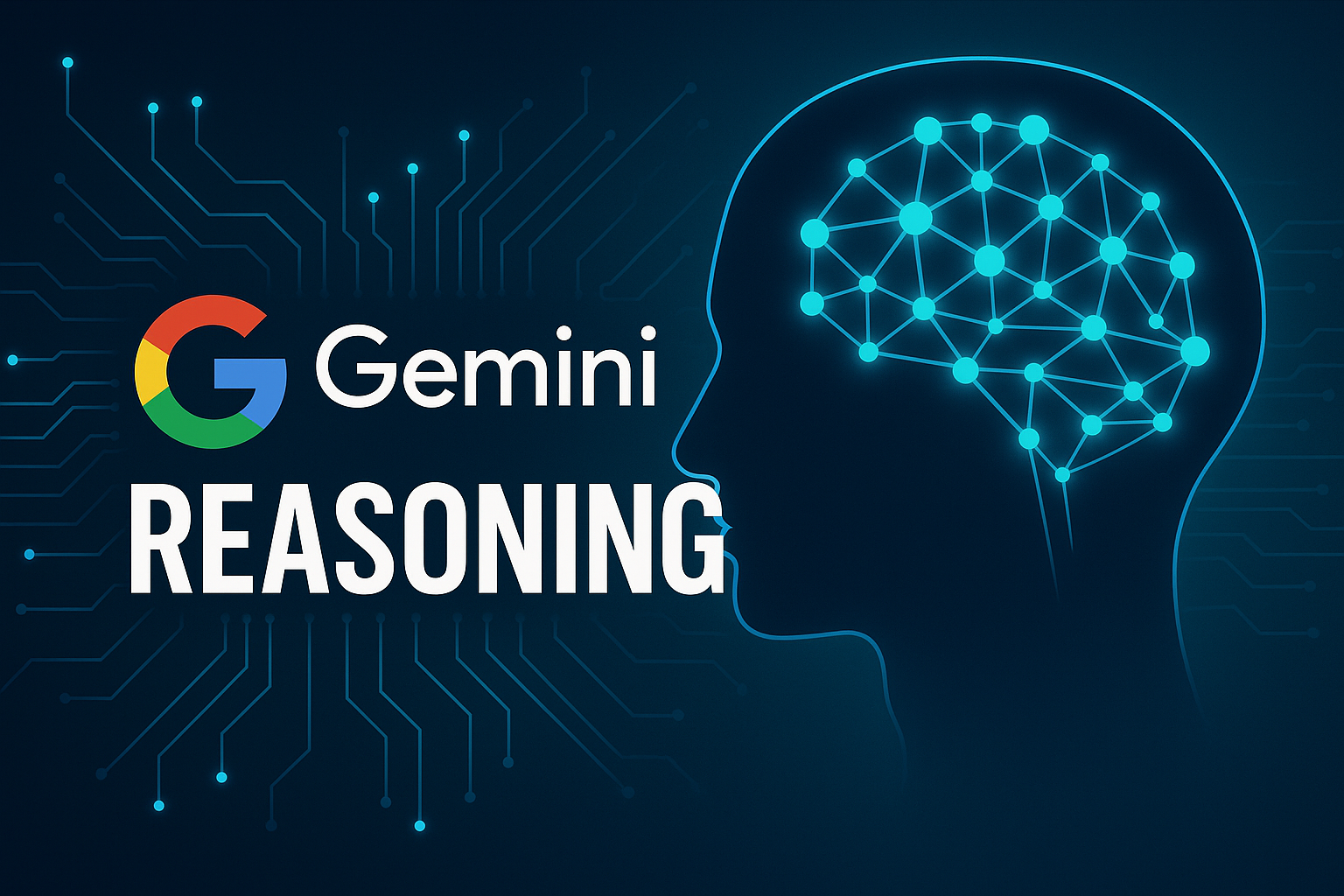ChatGPT gets smarter: Memory-driven web search enters everyday use
OpenAI is expanding the capabilities of ChatGPT by introducing a feature that allows the chatbot to use its memory to personalize web searches.  With “Memory with Search,” ChatGPT can recall key user information from earlier conversations—such as preferences, tone, or location—and apply that context automatically in future queries. For instance, if a user previously mentioned being vegetarian and living in London, a casual search like “Where should I eat tonight?” now produces tailored results based on that prior input. Image for illustrative purposes only. This is not an official OpenAI graphic.
With “Memory with Search,” ChatGPT can recall key user information from earlier conversations—such as preferences, tone, or location—and apply that context automatically in future queries. For instance, if a user previously mentioned being vegetarian and living in London, a casual search like “Where should I eat tonight?” now produces tailored results based on that prior input. Image for illustrative purposes only. This is not an official OpenAI graphic.
This marks a notable shift in how conversational AI can operate. Instead of starting from scratch with every prompt, ChatGPT now connects dots across sessions. The underlying technology builds on OpenAI’s memory infrastructure, which was gradually introduced throughout the past year. What’s new is the linking of that memory to real-time browsing—essentially turning ChatGPT into a personalized, context-aware search engine.
While the upgrade brings clear advantages, especially for frequent users who engage the assistant with ongoing projects or recurring needs, it also raises questions about privacy. According to OpenAI, the memory feature is fully transparent: users are notified when new information is saved, and they can view, delete, or edit the stored memory at any time. Importantly, only information marked as useful is retained, and general web browsing history remains separate unless directly referenced in a prompt.
Access to the new feature is currently limited to ChatGPT Plus and Pro users, with wider availability for Team, Enterprise, and educational accounts expected soon. Analysts in the AI space suggest that this move positions ChatGPT as more than just a chatbot—it’s evolving into a smart digital companion that understands context and continuity. The competition with traditional search tools is becoming more nuanced: instead of replacing them, tools like ChatGPT aim to reshape the way people approach information itself.
As generative AI continues to gain traction, features like memory-driven search could set the tone for the next wave of AI development—one that’s less about raw data access and more about meaningful, user-specific responses. Whether that shift is embraced or resisted will largely depend on how well the balance between personalization and privacy is managed.

Christoph
Explores the future of AI
Sharing insights, tools, and resources to help others understand and embrace intelligent technology in everyday life.









